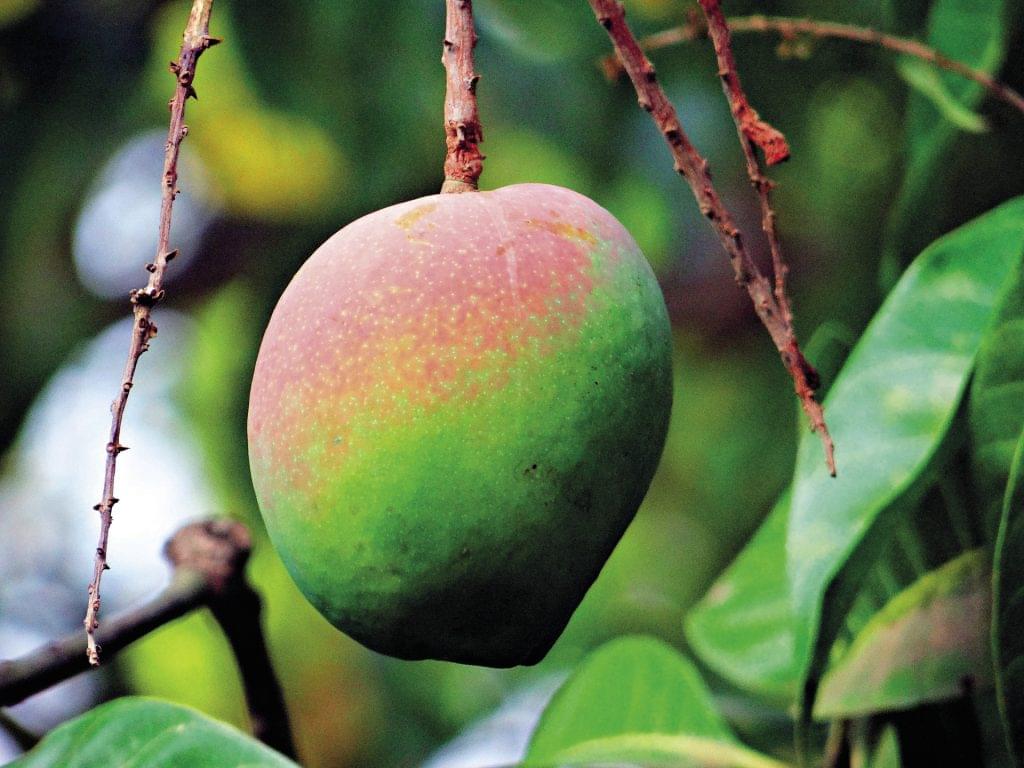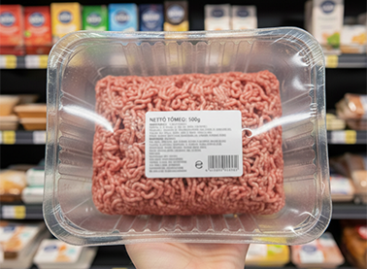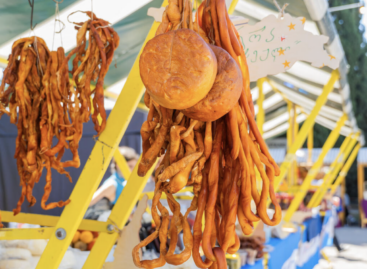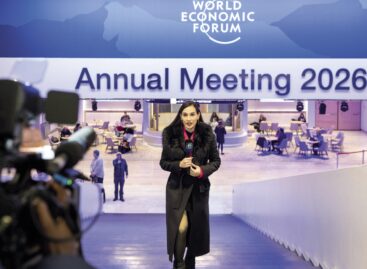Simple methods reduce food waste
Every year 14% of the food produced goes bad already before ending up on store shelves, and another 17% is thrown out by retailers and consumers. What is more, food waste is responsible for 10% of global greenhouse gas emissions.

FAO has numerous projects to enhance fruit and vegetable production
There is enough food produced on planet Earth to feed everyone, still nearly 830 million people are going hungry every day. There are several reasons why supply and demand don’t meet, and some of these are system level problems in the agri-food supply chain.
Sometimes simple solutions are the most effective
Several projects of the UN’s Food and Agriculture Organization (FAO) aim to reduce food waste, and to make the agri-food system more effective. Some of these are trying to improve fruit and vegetable farming in South Asia, where mango is one of the most important fruits. Unfortunately just like other fruits, mango spoils fast if it isn’t harvested at the right moment, and if it isn’t treated properly during transportation. Plus farmers also cause a lot of damage after harvest. FAO organised training programmes for them to teach the best harvesting and treatment methods, for instance urging them to put mango in recyclable plastic crates instead of bags for shipping, and things started improving dramatically.
Plastic crate use reduced loss during transportation to the minimum, while the shelf life of mango became much longer when they started treating the fruits with hot water after the harvest. Better picking tools and techniques reduced mechanical damage, decreasing the volume of discarded fruits by 70-80%. //
This article is available for reading in Trade magazin 2022/11
Related news
Related news
SIRHA Budapest 2026 – The biggest domestic celebration of the HoReCa sector
🎧 Hallgasd a cikket: Lejátszás Szünet Folytatás Leállítás Nyelv: Auto…
Read more >Fewer employers plan to raise wages this year than last year
🎧 Hallgasd a cikket: Lejátszás Szünet Folytatás Leállítás Nyelv: Auto…
Read more >








